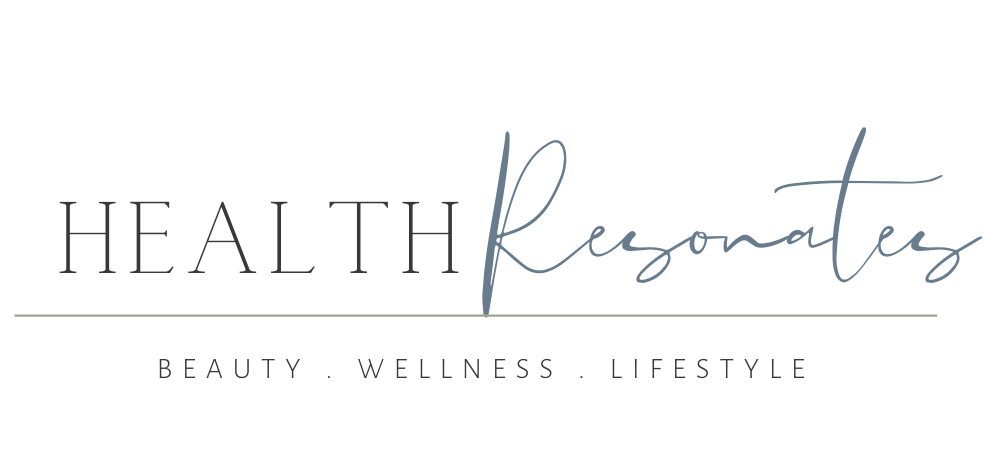DIY Face Masks - Using Ingredients From Your Kitchen
DIY skincare may sound fun and carefree, but there are some scary truths that we want to share with you today when it comes to grabbing things from your fridge or cabinets. Today’s blog is your reminder that natural doesn’t always mean great for you. Hear us out. Our skin is super sensitive and absorbs what we put on it. Putting something safe to eat on your face may not get you any benefits to your skin or, even worse, cause a bad reaction. Below we will share some do’s and don’ts with DIY skincare.
Do’s;
Oatmeal - Widely known for healing irritation and moisturizing skin, we agree that oatmeal can make for a good DIY product. Make sure you get natural oatmeal with nothing added to it, and mix it in warm/not hot water for a soothing face mask, or add it to a bath.
Honey - Honey is very healing and can make a great face mask. For the best skincare grade, look for Manuka honey or honey from a local farm with no unnecessary added ingredients. We love giving face massages with a honey mask on. It provides a lovely grip allowing the massage to go deeper into the muscle tissue.
Avocado - This can be a fun at-home mask to help calm and moisturize your skin. Mash it up and try mixing it with a few other things from our “do’s” list.
Fractionated Coconut Oil - Coconut oil can be moisturizing, soothing, and anti-bacterial and is high in vitamin E. However, not all are created equal. If you are prone to breakout or want the best for your skin, try fractionated coconut oil. Fractionated coconut oil is an emollient that can absorb into your skin to help hydrate it. Be aware that coconut oil can go rancid quickly, and we don’t want to be putting bacteria-filled oils on our skin.
Aloe Vera - Aloe is so calming to the skin. It is anti-bacterial, anti-inflammatory, and a natural humectant. The best aloe is from a plant you are growing at home or straight from the produce section at the grocery store. Avoid neon green (dyed) aloe in a bottle.
Green Tea - Make a cup of green tea, let it chill, and spritz your skin with the essence. This is a great way to calm irritation and acne-prone skin.
Don't’s;
Lemon - If you look online, lemon is often recommended for at-home skin care use. However, diluted or not, fresh lemon juice is harsh on the skin and can poorly affect your skin barrier. Putting lemon juice directly on the skin also will cause your skin to be extra sensitive to the sun, potentially causing more issues of age and sun spots. Leave this ingredient to the pros!
Pure Essential Oils - We cringe when clients tell us they put pure tea tree or lavender essential oils on their skin… Many essential oils can help different issues; however, putting pure essential oils on your face is not a good idea. If you know enough about each oil’s properties and understand dilution ratios, essential oils can make for excellent DIY skincare; however, it is not for the beginner and not something worth trial and error on your face. If this interests you, we recommend learning from a professional herbalist who can teach you the ins and outs of essential oil for overall health.
Salt - Salt can make a good body scrub but is too rough for the skin on your face. For a more suitable exfoliator, try honey.
Apple Cider Vinegar - We’ve seen ACV being recommended as a spot treatment. We would stay clear of this remedy. Leaving pure ACV on the skin for too long can cause a burn, irritate your eyes, and cause further issues.
Ultimately, the DIY skincare we recommend will take time to make magic happen or achieve your skincare goals. These tools are more for ritual, calming, and fun at-home activities. Leave the skincare products to the pros and contact a Naturopathic Doctor, Herbalist, Dermatologist, Aesthetician, or professional-grade product line when you need some assistance with your skin.
